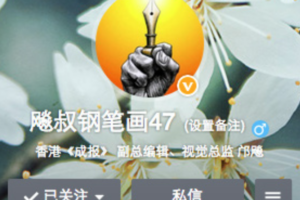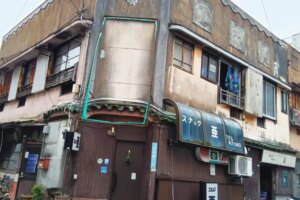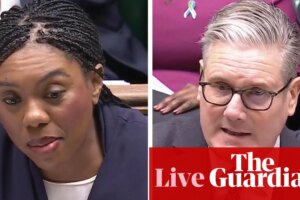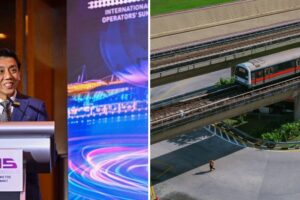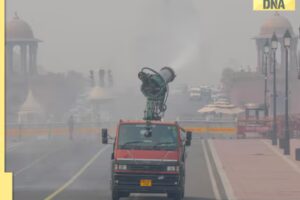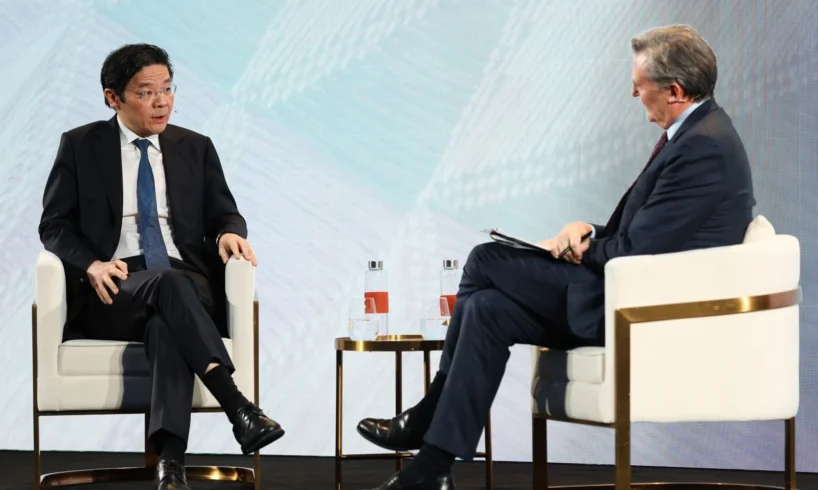
His conversation with Bloomberg’s editor-in-chief also covers money laundering and a possible capital gains tax for Singapore
[SINGAPORE] Today’s retaliatory trade dynamics might “end up with devastating consequences”, which is why Singapore is working with like-minded partners to put a new framework in place, Prime Minister Lawrence Wong said on Wednesday (Nov 19).
This framework should create ways for countries to “legitimately exercise and protect their own national interests, but with restraint, with some shared rules, and not on the basis that you can unilaterally do things to coerce another country or to punish another country”, he said.
Singapore would like to work towards this with like-minded countries, he added, citing efforts with the Future of Investment and Trade (FIT) Partnership and other regional groupings.
Wong was speaking to John Micklethwait, editor-in-chief of Bloomberg News, in a conversation they had on stage at a gala dinner that was part of the Bloomberg New Economy Forum.
With the world’s stable multilateral framework unravelling, countries are now prepared to accept some trade inefficiency in exchange for greater security and resilience, Wong said.
But this is being done unilaterally, which is unsustainable. In the worst case, this could lead to an escalating retaliatory dynamic.
The World Trade Organization (WTO) – “which was meant to solve these problems” – is no longer working, so a new framework is needed, he said.
Efforts by collaborations such as the FIT Partnership, of which Singapore is a co-convener, are not just about tariffs, he said. “They are about setting new norms, new rules of the road that would allow us to facilitate trade and investments and find some way to ensure supply chains remain resilient and secure.
“And in a way, we are laying the foundations for a new multilateral framework that may come later on.”
SEE ALSO
Micklethwait noted that the 16-member FIT Partnership, made up of small and medium-sized economies, “doesn’t feel like the beginnings of a big trade bloc”.
To that, PM Wong countered that notable partnerships such as the Comprehensive and Progressive Agreement for Trans-Pacific Partnership had also started small.
“Great things can start from small places,” he quipped.
Asean ‘would like to see US recover’
Their half-hour conversation touched on topics from nuclear energy to social security, but focused on geopolitics and trade.
On geopolitics, PM Wong said that while the US’ recent trade actions have hurt its standing in Asean, there is still “tremendous goodwill and desire” to engage the region’s largest foreign direct investor.
Asean members “would like to see America recovering from this”, he added.
On the US-China relationship, PM Wong reiterated his view that the current truce is temporary, but would “provide guardrails” for engagement and communication.
And regardless of longstanding bilateral issues, domestic pressures are what will decide the direction of each country, he noted.
“In this great rivalry, everyone is focused on what one country does to another. But really, the fates of these two great powers will be determined by their own people.”
And while the China-Japan relationship may have turned frosty after Japanese Prime Minister Sanae Takaichi’s remarks about Taiwan, PM Wong said that there is a “good chance of us maintaining peace and stability in the Taiwan Strait”.
A war over Taiwan is unlikely to break out unless there are “unilateral, unprovoked” actions, he said, describing the China-Japan relationship as economically important.
He noted that Japan is “the No. 1 trusted great power” in South-east Asia despite its complex history in the region, and has regional support for “a bigger role”.
New wealth taxes?
PM Wong also fielded questions on topics closer to home.
Asked whether the Republic would implement a capital gains tax – which PM Wong joked is “Bloomberg’s favourite question” – he replied: “Our tool sets are not limited to tax alone. We also have wealth transfers.”
One way that Singapore tackles wealth inequality is through “wealth injections” through subsidised public housing, he noted.
Micklethwait also raised the topic of money laundering. PM Wong said that while this is taken seriously, it is an issue that all financial centres must deal with.
There are “bound to be incidents”, but what is important is working with intelligence and across countries to solve it, he said.
“We are very stringent, and we take swift action, and we are determined to protect our reputation, because that’s what keeps Singapore going as a trusted business and financial centre.”
Decoding Asia newsletter: your guide to navigating Asia in a new global order. Sign up here to get Decoding Asia newsletter. Delivered to your inbox. Free.
